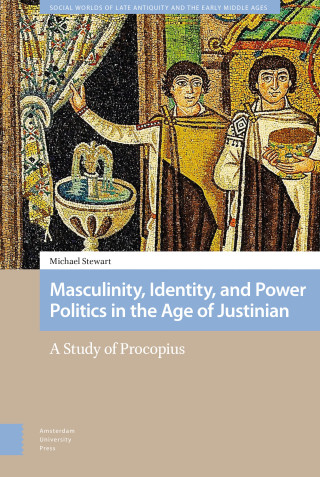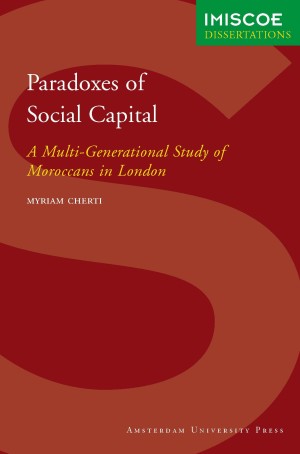Paradoxes of Social Capital critically examines the robustness of social capital theory as an analytical tool in explaining the various ‘integration’ patterns amongst Moroccans in London. The book also considers how structural factors impact on the ways in which Moroccans – across generations – sustain, access and use social capital at the levels of family, ethnic community, migrant associations and schools. Furthermore, this research elaborates on how social capital serves as an identity (re)source that is continuously negotiated and redefined through (in)active group (family, ethnic, religious and national) memberships. An original model of studying the second-generation processes of adaptation – viewed as ‘transversal adaptation’– is also introduced, shifting the focus from predetermined ‘integration’ patterns to a circular and a longitudinal approach to ‘integration’, where new opportunities and constraints emerge, structured by the temporal flow of life trajectories.

